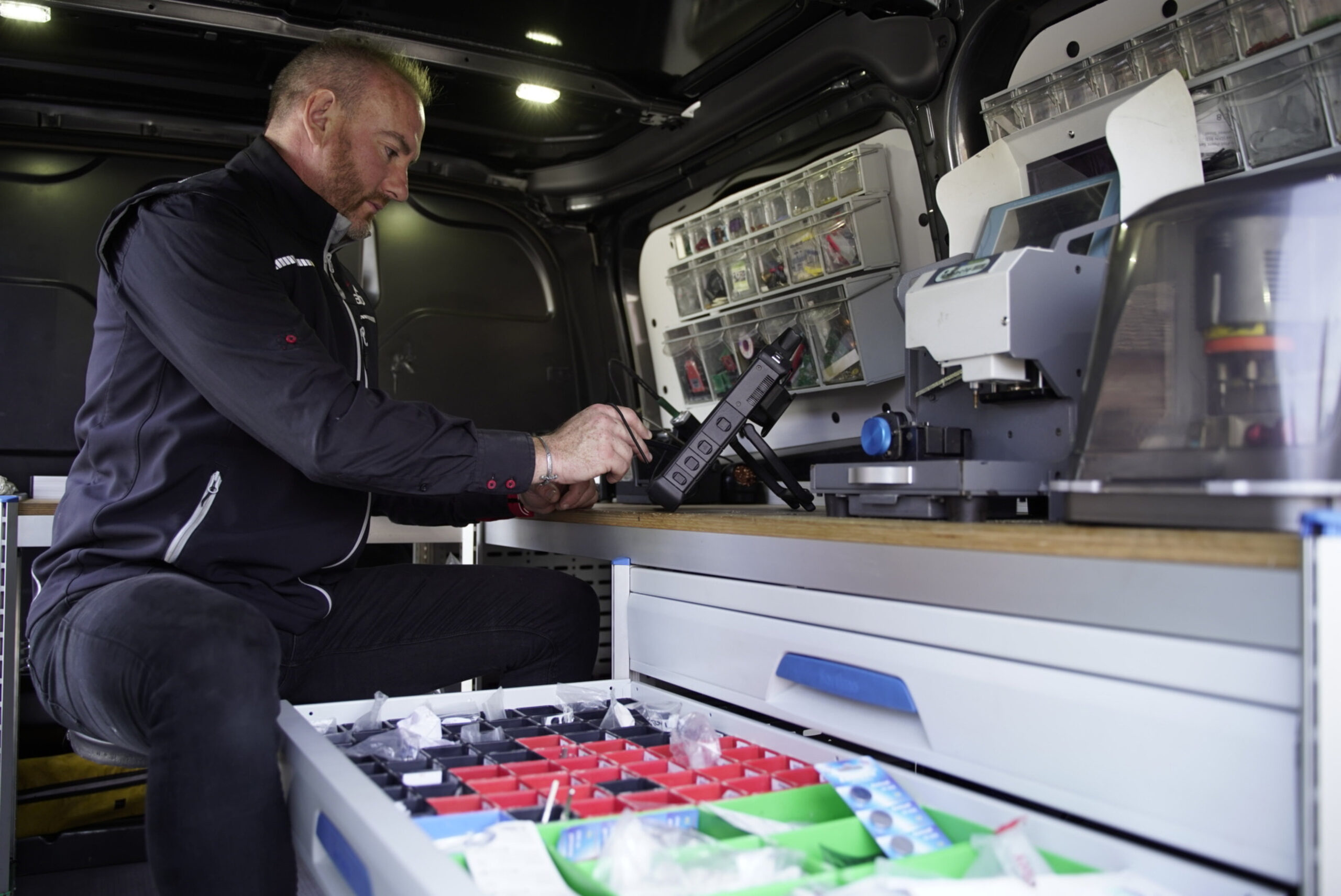
Cortez Schoenheimer @ carkeyreplacem Member Since: 14 Jul 2025
 South Africa
South Africa
About Me
The 10 Scariest Things About Get Replacement Key For Car

Getting a Replacement Key for Your Car: A Comprehensive Guide
Losing or damaging a car key can be a frustrating experience, however thankfully, getting a replacement key does not have to be extremely complicated. In this informative guide, we will information the numerous actions, alternatives, and considerations involved in getting a replacement key for your car.
Understanding Car Keys
Before diving into the replacement procedure, it is important to understand the various kinds of car keys readily available. Here's a short overview:

| Type of Car Key | Description |
|---|---|
| Conventional Key | A standard metal key that mechanically opens and starts the vehicle. |
| Transponder Key | A key with a chip that interacts with the car's ignition system for added security. |
| Key Fob | A remote device that allows keyless entry and might include functions to begin the vehicle from a distance. |
| Smart Key | A distance key that enables the motorist to unlock and start the car without physically using the key. |
| Valet Key | A restricted key that enables restricted access to the vehicle, generally for valet services. |
Understanding the type of key you have is essential in identifying the process of getting a replacement.
Steps to Get a Replacement Car Key
If you discover yourself in requirement of a replacement car key, follow these steps to navigate the procedure effectively:
1. Determine the Type of Key
- Identify whether you have a conventional key, transponder key, key fob, or smart key. This info will influence the replacement treatment.
2. Check Your Insurance Policy
- Evaluation your auto insurance plan to see if it covers key replacement. Some policies offer this benefit, which might conserve you time and money.
3. Contact Your Car Dealership
- Reach out to your car's dealer, especially for newer cars that utilize advanced key innovation.
- Be prepared to offer your vehicle identification number (VIN), evidence of ownership, and potentially your vehicle registration.
4. Check out a Locksmith
- Think about checking out an expert locksmith professional who has experience with automotive keys.
- Lots of locksmiths can produce and program transponder keys and key fobs at a lower expense than car dealerships.
5. Utilize Online Services
- Some services concentrate on automotive key replacement and might use online assistance.
- Beware and make sure that you pick a reliable company.
6. Cost Considerations
- Understand the prospective expenses associated with getting a replacement key. Below is a basic cost quote based on key type:
| Key Type | Approximated Cost Range |
|---|---|
| Standard Key | ₤ 2 - ₤ 5 |
| Transponder Key | ₤ 50 - ₤ 200 |
| Key Fob | ₤ 100 - ₤ 600 |
| Smart Key | ₤ 200 - ₤ 500 |
Frequently Asked Questions (FAQs)
1. For how long does it require to get replacement Key for car a replacement key?
- The time to acquire a replacement key varies depending upon the company. Dealerships may take a few days, while locksmith professionals can typically supply a key the same day.
2. Can I replace a key myself?
- While it is possible to order a blank key online and cut it yourself, programming electronic keys normally needs specific devices.
3. What should I do if my key is lost or stolen?
- If your key is lost or taken, it is a good idea to reprogram your locks to avoid unauthorized access to your vehicle.
4. Are all car keys programmable?
- Not all car keys can be configured. Traditional mechanical keys are cut however do not require programs, while transponder keys and smart keys do.
5. How can I avoid losing my car type in the future?
- Consider investing in a key tracker, designating a specific spot for your keys, or utilizing a keychain that makes your keys more visible.
Last Thoughts
When faced with the overwhelming task of replacing a car key, it is vital to comprehend your alternatives and choose the most efficient path tailored to your needs. Whether you select a car dealership, a locksmith, or an online service, being knowledgeable will improve the process and aid ease some of the tension related to lost or harmed keys. Remember to keep any new type in a safe designated area to avoid similar issues in the future.

